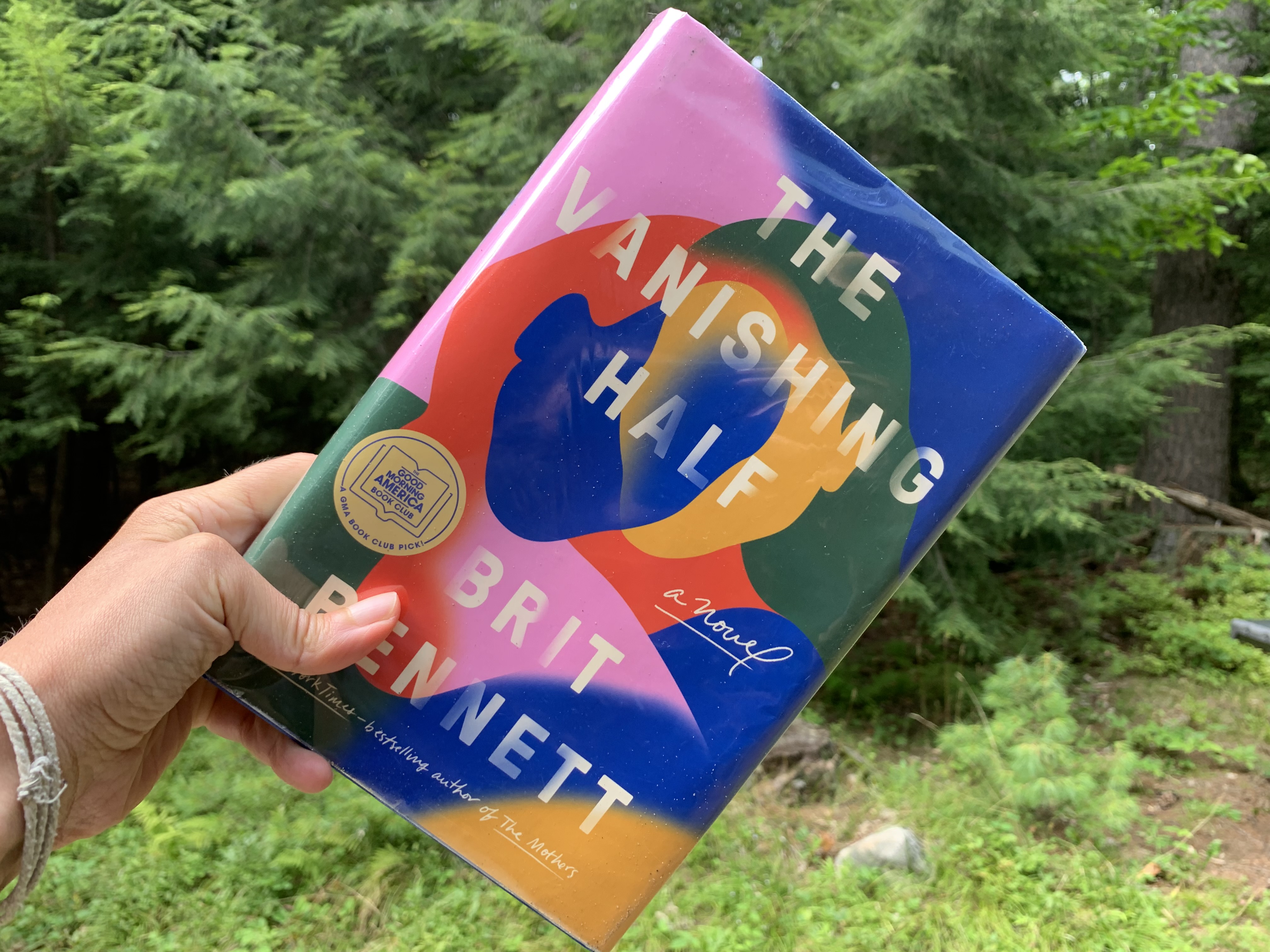It’s hard to sustain a secret in literature. When most of the propulsive forward motion of your story comes not from something that’s happening but rather from something that is being kept from happening, the conflict is in creating an absence, a vacuum. Not to say there aren’t stories that do this well… but it’s very easy to fall into a trap of circling around an issue that might have been fixed by one character just speaking a few sentences, making the payoff a little bit underwhelming. But Brit Bennett’s The Vanishing Half turns this truth on its head. In this novel, Bennett manages to create a multi-generational epic of half-truths and total lies all situated around one basic secret: that of twin sisters who opt to live their lives in wholly different ways.
The Vanishing Half begins in a town on the cusp of two different worlds, one Black, one white. The town is filled with Black people often pale enough to pass as white, though no one dares to until Stella Vignes, who abandons the town, her mother, and her sister to a world populated by whites. Désirée, on the other hand, has a baby with a dark-skinned Black man, spending her life even more ensconced in Black society than she had been in their quiet, other-worldly town.
Described thusly, The Vanishing Half seems to be a wholly racial tale. And while race issues are certainly at the forefront of this book, it’s also about so much more: sisterhood, motherhood. What it is to be a daughter. What it is to not know your place in the world. And, of course, one of the most intriguing elements, at least for me: why and how to keep a secret, and why and how to stop.
